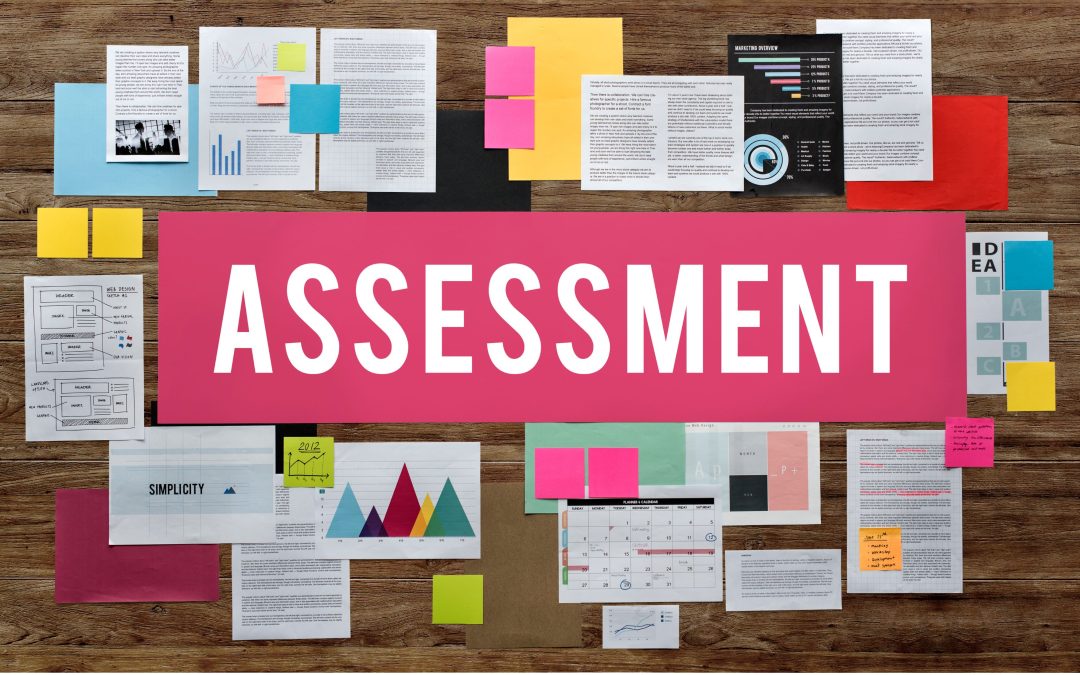For any employer, hiring is not just about finding the most qualified candidate; it’s also about finding someone who fits with the company and its culture. It is imperative to identify people who can not only do the job well, but also those who will thrive in the company and adapt well to the environment.
One critical, but often overlooked, element is how they communicate – within the team, one-to-one, interdepartmentally, and externally.
Too often, traditional hiring practices may not be sufficient to garner a deep understanding of communication competency and general style, which can determine whether a new hire is a triumphant, successful addition to the team, or a costly error with potentially detrimental effects to business outcomes, organisational culture and staff morale.
Today’s workplace demands more than traditional methods. And the great news is that the solution is within reach. Utilising tools like English proficiency and personality assessments will help HR and L&D teams to gain better insight into candidates they have shortlisted. This reduces bias and improves role fit within jobs.
The Hidden Costs of Biased Hiring
Bias may not always be obvious, and it isn’t just about unfairness. It is also about inefficiency.
Decisions that are influenced by personal assumptions, rash judgements and misunderstandings mean that sometimes great candidates are overlooked and those who may not be the right fit are hired.
For example, when standard testing and assessments are not incorporated, some candidates may be dismissed or bypassed due to an accent or mannerism, while another candidate who seems “confident” may be given the job.
Companies often end up hiring people who perform well in interviews, rather than those who work well.
Personality Testing
Each role has its own requirements and demands, unique to the position and company.
Personality testing helps identify whether a candidate matches well with a particular job and the team.
Did you know that more than 80% of companies today are using some form of personality testing as part of their recruitment process? Interestingly, those companies are seeing a 30% improvement in employee retention rates and a 20% boost in their team’s overall performance.
Why? Because they made a more informed choice.
Assessments allow for a deeper understanding of each person’s working style. They can identify if a person is detail-oriented, whether they work well with structure or flexibility, and how they respond to stress and feedback.
These insights prove invaluable when hiring and help to prevent mismatches. By aligning a candidate’s personality with the job requirements, companies can set candidates up for success before they start their job.
Aligning Communication Skills With Job Success
Effective communication in any organisation is a vital component for success. It ensures people are aware of their roles, responsibilities and helps build strong client and employee relationships. Employers must ensure that communication is a priority if they want to have happy employees and ultimately great productivity. Research shows that 70% of employers consider English proficiency a critical skill within their teams.
Another study showed that over 1.5 billion people worldwide are currently learning English, as they have identified it as the language of business.
Consider the following benefits of learning English:
- Reduced conflict in the workplace
- Healthy employee relationships
- Improved productivity
- Improved relationship with clients
- Healthy work culture
- Employee satisfaction
Alison’s English language test offers insight to hiring managers about a candidate’s ability to:
- Understand written communication
- Communicate ideas well and maintain professionalism
- Engage in team meetings
- Write emails and reports accurately
This is quite useful when hiring globally. Having an objective measure of English skills allows hiring teams to make correct hiring decisions and avoid overlooking great candidates.
When the English is aligned early, it removes uncertainty, improves onboarding, and builds a more cohesive workforce.
Why does this matter?
Hiring mistakes can be frustrating for companies, and for smaller companies, this may even be devastating. Smaller organisations mean that every hire has a bigger impact, and there are fewer resources to make mistakes that HR departments often make with employees.
This is why it is important to have personality and English assessments in place. They provide a clear, results-driven outline that will surely help busy managers and business owners make more informed decisions.
Take the Guessing Out of Hiring
Most HR teams don’t have access to this level of insight. They make decisions based on resumes and cover letters.
Alison’s LMS+ is changing that.
LMS+ is much more than just a learning platform; it’s a tool for making results-driven decisions.
With this tool, you will have access to:
- Aptitude testing
- Workplace personality testing
- English proficiency testing
- Learning profiles
- Assessment dashboards
This tool and all its features were designed to reduce the time, error, and workload involved in making great hiring and upskilling decisions.
Hire Smarter With Alison
Even though we try to employ without bias, it may be impossible because employers and hiring managers are only human. However, these tools seek to minimise the influence of bias in hiring and assist in making better decisions.
Combining English proficiency, aptitude, and personality testing helps hiring managers get a better perspective.
They’re not just guessing or feeling; they are making well-informed decisions.
Ready to use data to find the right candidates? Schedule a quick demo to see how quickly you can adopt a data-driven approach to hiring.








